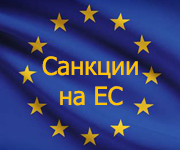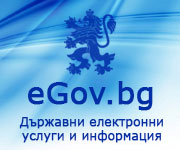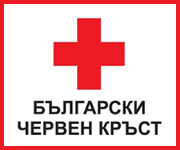New BCCI survey: 61% of companies expect to survive by the end of the year but will not reach pre-pandemic levels
The Bulgarian Chamber of Commerce and Industry conducted a series of online surveys related to the impact of the pandemic and the companies’ assessment of the economic measures taken by the government. The last study, the results of which we present to you below, was conducted in the period 23-27 April 2020.
The business is not unanimous in its assessment of the economic measures announced so far by the government and this is reflected in their divergent opinions. According to 40% of the companies that took part in the survey, additional measures are needed. 25% of the respondents find the measures balanced compared to the budget possibilities and the size of our country’s economy. About 20% of companies think that the measures are excessive or classify them as a waste of resources with no real effect on the economy.
Of the financial instruments presented by the government, companies identify as most useful the measure for unsecured loans for small and medium-sized enterprises up to BGN 300,000 - according to 34% of the respondents. The interest-free credits for workers on an unpaid leave and self-employed persons have also been identified as an important measure to overcome the crisis. In the survey companies noted that interest rates of up to 10% are too high for some of the schemes and access to funds is extremely difficult.
When asked about their forecasts for their business by the end of the year, the majority of companies - 61% expect to survive, but say that they will not reach pre-pandemic levels; 14% will reach their pre-crisis levels. Only a small fraction (4%) of companies say that the crisis creates market opportunities and predict that they will perform better than before. Negative trends are present for 6% of respondents who are most likely to close their firms. A small part (3%) of respondents said they would retain their businesses until the end of the year to use the benefits provided by the government.
The need for joint solutions at EU level is cited as an important condition for the economic recovery of the countries as opposed to each country isolating itself and dealing with the problems caused by the coronavirus on its own. Guaranteed movement of goods, raw materials and capital, as well as gradual easing of measures are among the top priorities noted by BCCI members. A significant part of them (38%) believe that policies should aim to stimulate the internal market and domestic demand within the country.
Още новини:
-
27-04-2020
-
16-04-2020
-
16-04-2020

 1 USD =
1 USD =  1 GBP =
1 GBP =  1 CHF =
1 CHF =  ISO 9001:2015
ISO 9001:2015






























